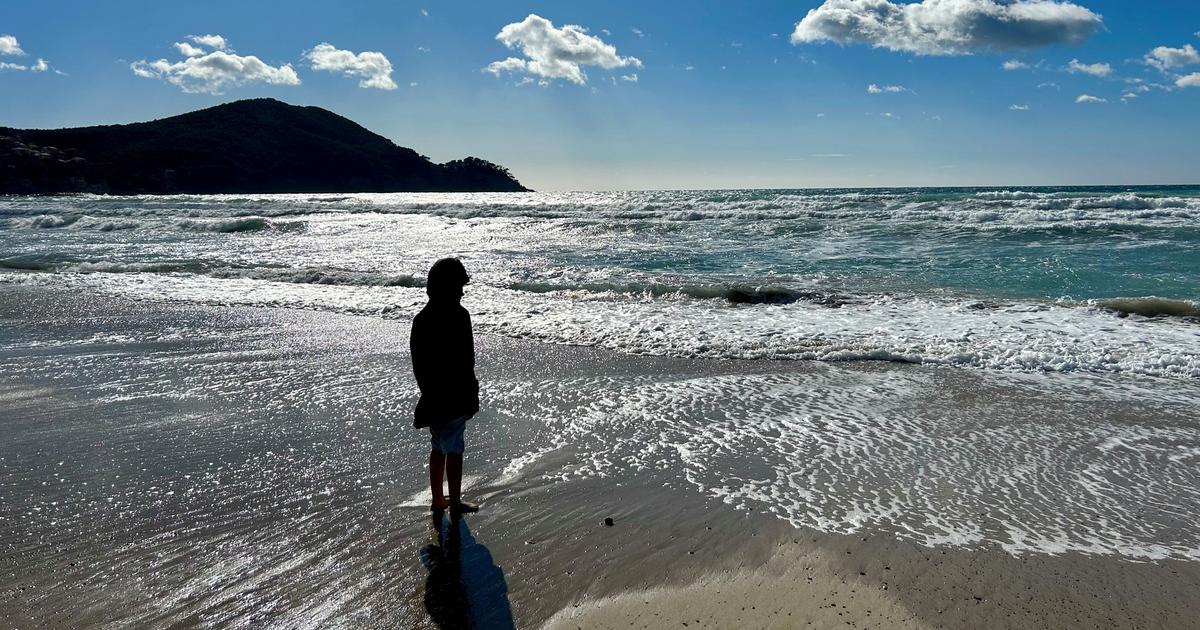France is experiencing a spring-like winter.
The first half of February recorded the heat record for
"the mildest first half of February ever recorded since records began"
, i.e. 1930, says
La Chaîne Météo
*.
Thermometers showed 3.6 degrees warmer than average over the period.
However, the cold is present in Northern Europe.
But failed to establish itself in France.
For what ?
Since 2013, winters in France have become milder.
“Even if we have experienced cold episodes and snow in the plains, like in February 2018 for example, the last significant cold spell was more than 10 years ago (February 2012, and more temporarily January 2017)”
, underlines the specialized site.
Two factors explain this phenomenon, continues
La Chaîne Météo
: global warming and the northward movement of subtropical anticyclones.
“African anticyclones are moving further north”
Indeed, explains a bulletin published this Saturday, February 17,
“air mass conflicts have been powerful over Europe since November, with the lasting installation of severe cold over Scandinavia, then over Russia and Iceland”
.
These severe cold weather sometimes reached the Benelux, brushing against France as at the beginning of December and mid-January,
“without succeeding in imposing itself or settling in lastingly”
.
The mildness,
“associated with a subtropical anticyclone reaching far north for this time of year”
, remained predominant over the Atlantic and the entire Mediterranean basin, from Spain to the Maghreb and the south of France.
“This mild air favored long periods of dry weather south of the Loire, with the rain being pushed to the north
,” deciphers La Chaîne Météo.
For a decade, “African anticyclones have been moving further north”.
The Weather Channel
In winter, these anticyclones are normally located further south.
However, notes the specialized site, for a decade,
“these African anticyclones have been moving further north”
.
In winter, de facto, this phenomenon
“pushes disturbances towards the north, and is accompanied by mild air”
.
“Tug of war between cold air and mild air”
“Several studies highlight this observation and note that this change in the position of the centers of action would be linked to global warming, expanding these high pressures towards the north, with a lower temperature differential between the pole and the equator. . This modification would also accentuate, like an endless loop, the warming in these areas
,” reports
La Chaîne Météo
.
Study from the IPCC in support, the specialized site adds that the circulation of subtropical high pressures has
“probably expanded since at least the 1980s, mainly in the northern hemisphere”
.
Likewise, the models presented by the group of experts
“predict an increase in heat in the upper troposphere over the tropical belt with spillover into the northern hemisphere”
.
In summary, anticyclones and depressions
"are not in their 'classical' position, and the profound modification of the general circulation pushes the subtropical air masses towards the North"
.
“Under these conditions, the standoff between cold air and mild air inevitably results in the victory of the latter
,” the bulletin concludes.
*The Weather Channel is a property of the Figaro group
.

